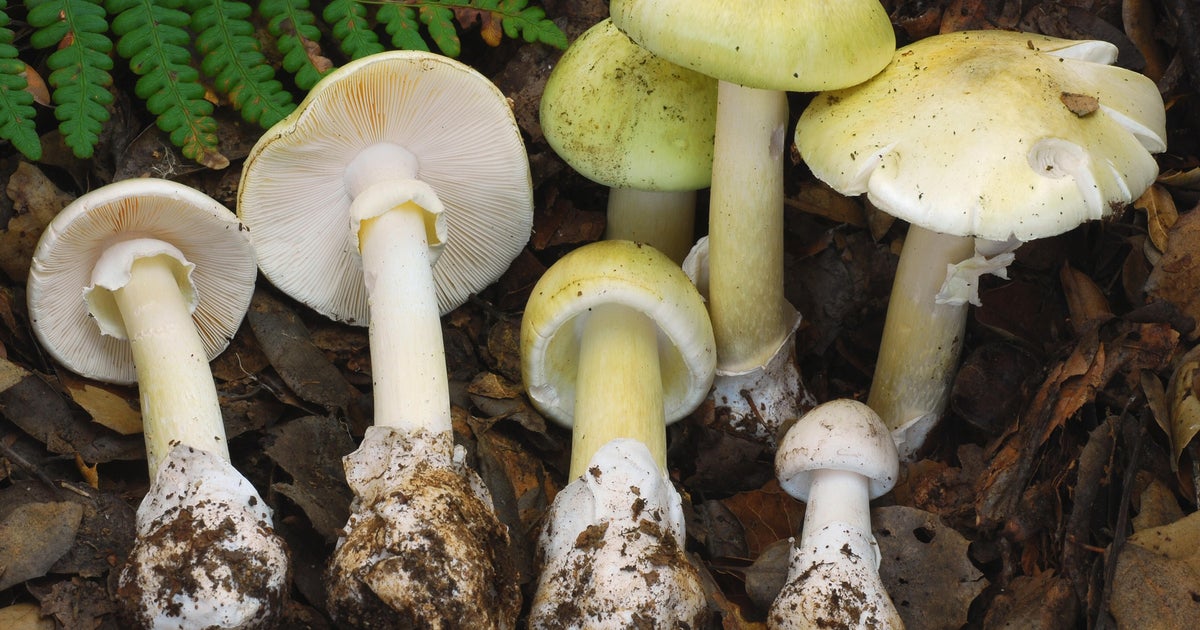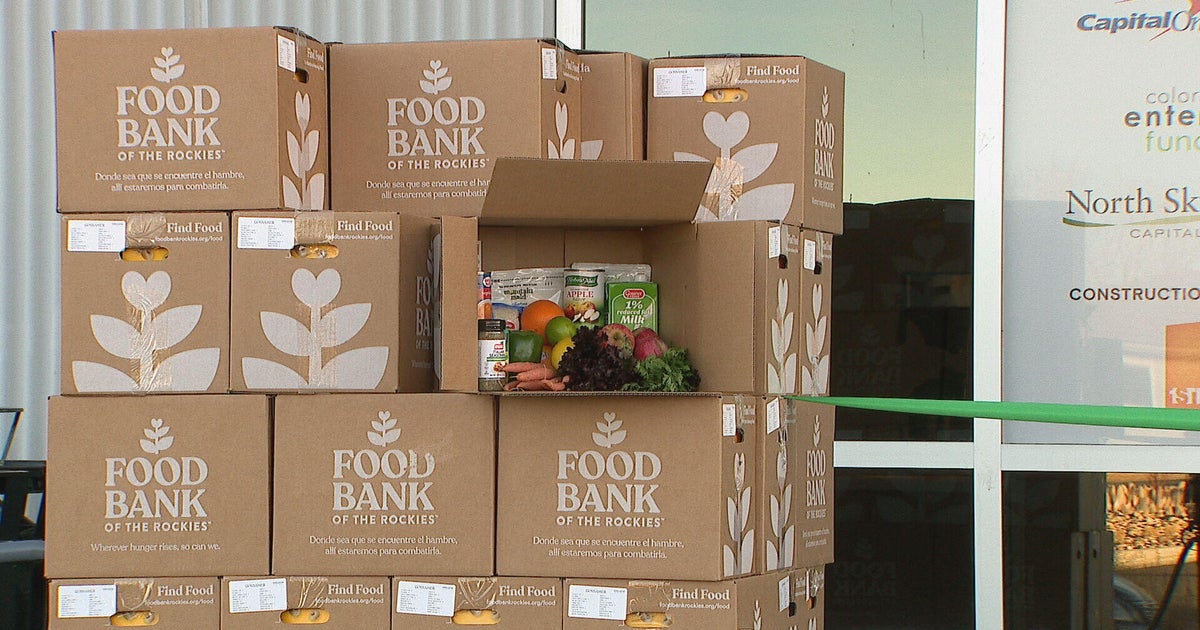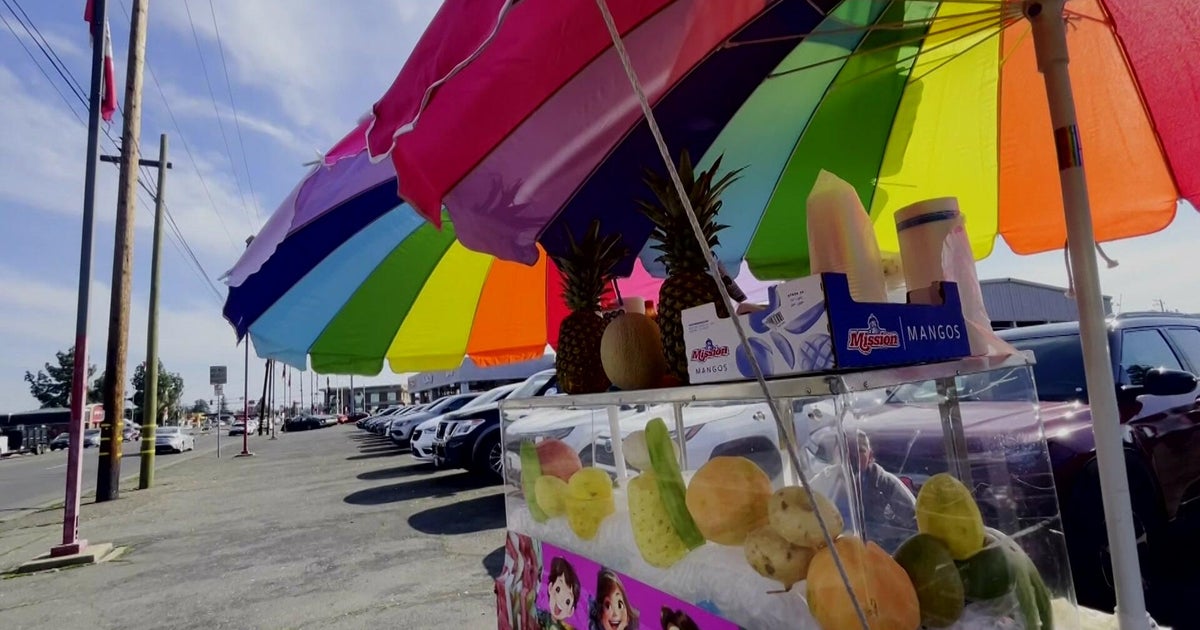How To Decipher Confusing Genetically-Modified-Food Labels
MIAMI (CBS4) -- With so many concerns about our food supply, terms like "genetically modified," "organic" or "GMO-free" can be confusing and make your head spin. What do those labels actually mean and which ones are the right choice for you and your family?
With today's labels, even the most scrutinizing shopper can get confused.
"Americans increasingly want to know more about their food before they eat or buy it. They want to know where it's made, how it's grown and what's in it," said Elisa Zied, a registered dietitian, nutritionist and author.
Sometimes labels help, but sometimes they only make things more confusing.
"I think it's very difficult for a consumer to understand what exactly it is that they're considering buying," said one grocery shopper.
Zied, who wrote "Nutrition at Your Fingertips," helps decipher the lingo, starting with genetically modified (GMO) foods.
"If a food is genetically modified it means its genes are altered. DNA from one species is inserted into another species to create a unique genetic combination that doesn't occur in nature," said Zied. "At least 60 to 70 percent of processed foods that you'll find in grocery stores contain at least one genetically engineered ingredient."
Currently the Food and Drug Administration doesn't require specific labels for GMO foods, but you may see companies point out when they are not genetically modified, with "non-GMO" or "GMO-free" labels.
"Though you might not see it that often, a PLU sticker on produce can tell you a little something about the food," said Zied.
For example, a five-digit number that starts with an "8" is genetically modified, although it's rarely used. But stickers starting with "9"s stand for organic and can be found on lots of produce.
What makes something organic?
"If a food is organic that means it was prepared without synthetic pesticides, herbicides, fungicides or synthetic fertilizers and it's also not been genetically modified or radiated," said Zeid.
You will only see the official United States Department of Agriculture (USDA) organic seal on products that have 95 percent or more organic ingredients.
"If you see 'made with organic ingredients,' that means the product contains at least 70 percent organic ingredients," Zied said.
When it comes to dairy, "rBGH" or "rBST" will signify things such as artificial hormones.
There's even something to look for with sugar.
"When you're reading a label for sugar and its non organic sugar, know that sugar may be sugar from sugar cane with genetically modified sugar beets," said Zied.
No matter your stance on genetically modified, organic or other products, knowing what your food is made of matters.
Read the label and figure out what it is you're feeding to your family.







